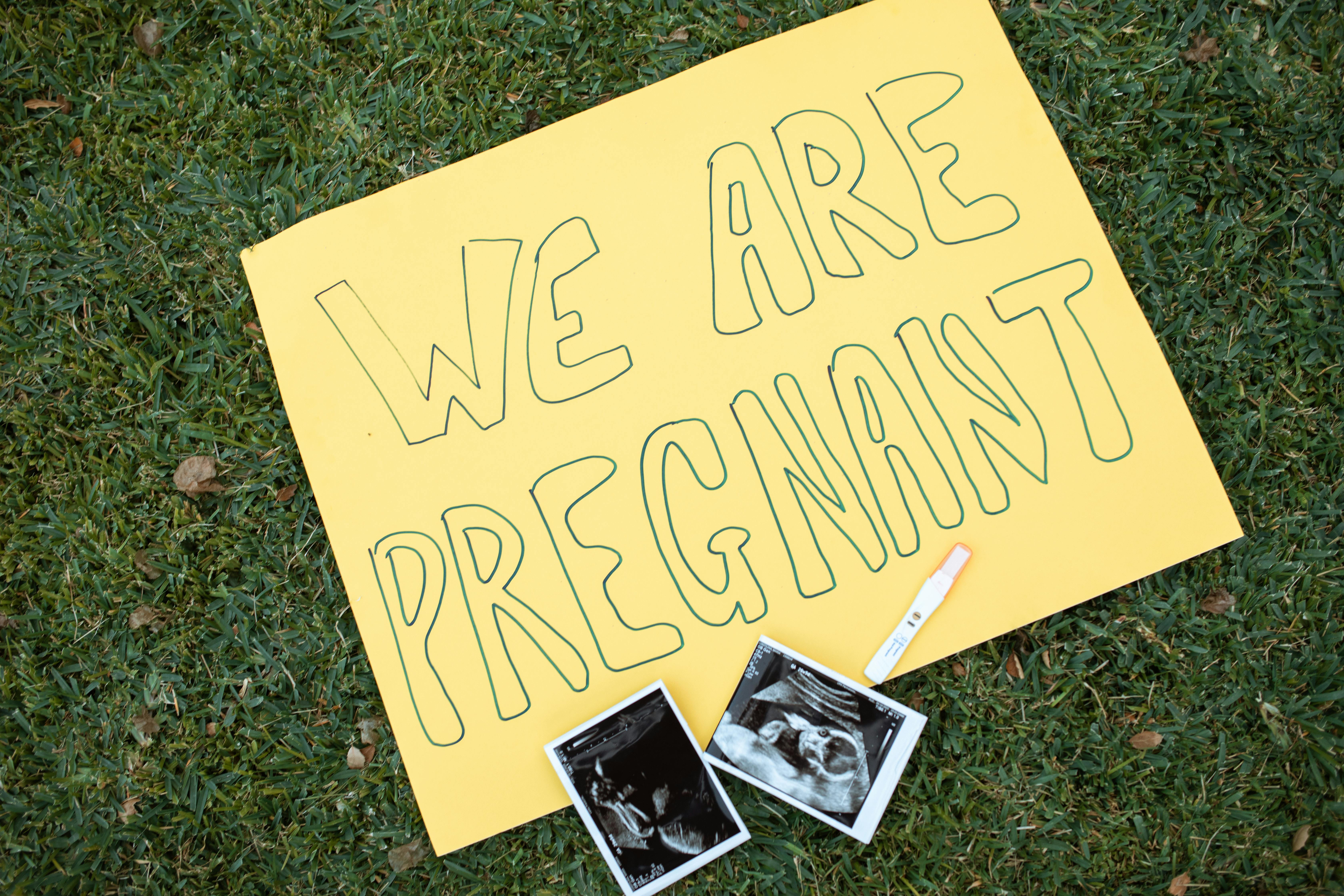Understanding Labour Complications: Vital Tips and Information for Birth Partners

The exciting journey of pregnancy culminates in the process of labour, which while being a natural event, can sometimes involve complications. For birth partners, understanding these labour complications can provide the necessary insights to support and comfort the expecting mother, ensuring a safer birthing experience. This comprehensive guide aims to educate birth partners about potential complications in labour and offers crucial tips and information to handle them effectively.
Recognizing the Signs of Normal Labour>
Normal labour initiates with signs such as a drop in maternal energy levels, dilation of the cervix, regular contractions and rupture of membranes (also known as water breaking). The regularity and intensity of contractions usually indicate that labour has begun. Birth partners should be aware of these signs to identify the onset of labour promptly.
Potential Complications During Labour
Labour, despite being a natural process, can sometimes involve certain unforeseen complications. These can include slow labour progression, abnormal foetal position, and issues with the placenta or umbilical cord.
Slow labour progression, also known as dystocia, may be due to a large baby, small pelvic structure, weak contractions, or a full bladder. Birth partners can help by encouraging the mother to urinate frequently, move around or change positions to aid labour progression.
The baby being in an abnormal position can complicate labour as well. Ensuring the baby is in an optimal birth position through movements and exercises during pregnancy could help mitigate this issue.
Placental and umbilical cord complications, such as a detaching placenta or an umbilical cord around the baby’s neck, need immediate medical attention. Understanding these possibilities and reacting calmly can be of great help during such instances.
Emergency Interventions in Labour
Certain complications may require emergency medical interventions, such as urgent caesarean section (C-section), instrumental delivery, or emergency help post-birth.
An urgent C-section may be required in case of an unsuccessful induction, obstructed labour, distress of the baby, or severe maternal health deterioration. Instrumental direct delivery could be opted if the mother is exhausted, or if the baby shows signs of distress and needs to be born quickly.
Post-birth emergencies like maternal hemorrhage or newborn resuscitation can challenge your emotional resilience. Remaining calm and composed, trusting the healthcare professionals, and offering unconditional support to the mum are ways birth partners can navigate this situation.
Guidelines for Birth Partners During Labour
As a birth partner, your role extends beyond the physical support. First, you must consider communication keys in labour. The birth partner should confirm with the healthcare professionals about what's happening and how he or she can assist at each stage of labour. You should also relay these details back to the expecting mother, offering her emotional support.
Next, ensure you remind the laboring mother to hydrate and urinate regularly. Dehydration can increase labour pain, and a full bladder can slow down labour, which is why it becomes imperative to remind mothers to drink water and use the washroom frequently.
Lastly, it's important to be aware of emergency birth plans. Labour may require unexpected and instant decisions regarding medical interventions; thus, having discussed these possibilities beforehand can equip you to support the mother better.
Conclusion
Through an understanding of potential complications during labour, birth partners can become an instrumental source of support for expecting mothers. Knowledge, constant communication, emotional support, as well as readiness to meet emergency situations, can enhance a birth partner's contribution to a smoother, safer birthing experience.
Remember, every labour is unique and may not always go as planned. However, armed with information and a composed demeanour, you can help ensure the best possible care for the mum-to-be, making this life-changing event a memorable one. Keep the lines of communication open, stay patient, and remember to breathe – just like the labouring mother, you, as the birth partner, also have a crucial role to play in welcoming new life into the world.





